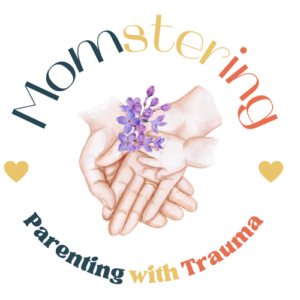
I experienced a significant amount of trauma throughout my childhood AND young adulthood. Now I struggle with anger problems, anxiety, and have been diagnosed with Post Traumatic Stress Disorder (PTSD).
If you also have PTSD, you probably already know that it’s common to experience irritability and anger.

When I became a parent, managing my mental health became more difficult. I was getting less sleep and just trying to cope with my “new” life as a single mom. Of course, I knew being a parent would be difficult. But I didn’t realize the actions of my children would be triggers for me…….And I REALLY didn’t foresee that it would trigger anger issues.
Their screaming was a trigger. Their constant climbing on me was a trigger. Even when they would cry it would make me feel “on edge”.
I felt bad that my kids were just being kids and that triggered me. The amount of guilt this caused was overwhelming at times.
I know I’m not the only parent out there struggling with anger management issues. That’s why I think it’s important to explore all solutions to anger management.
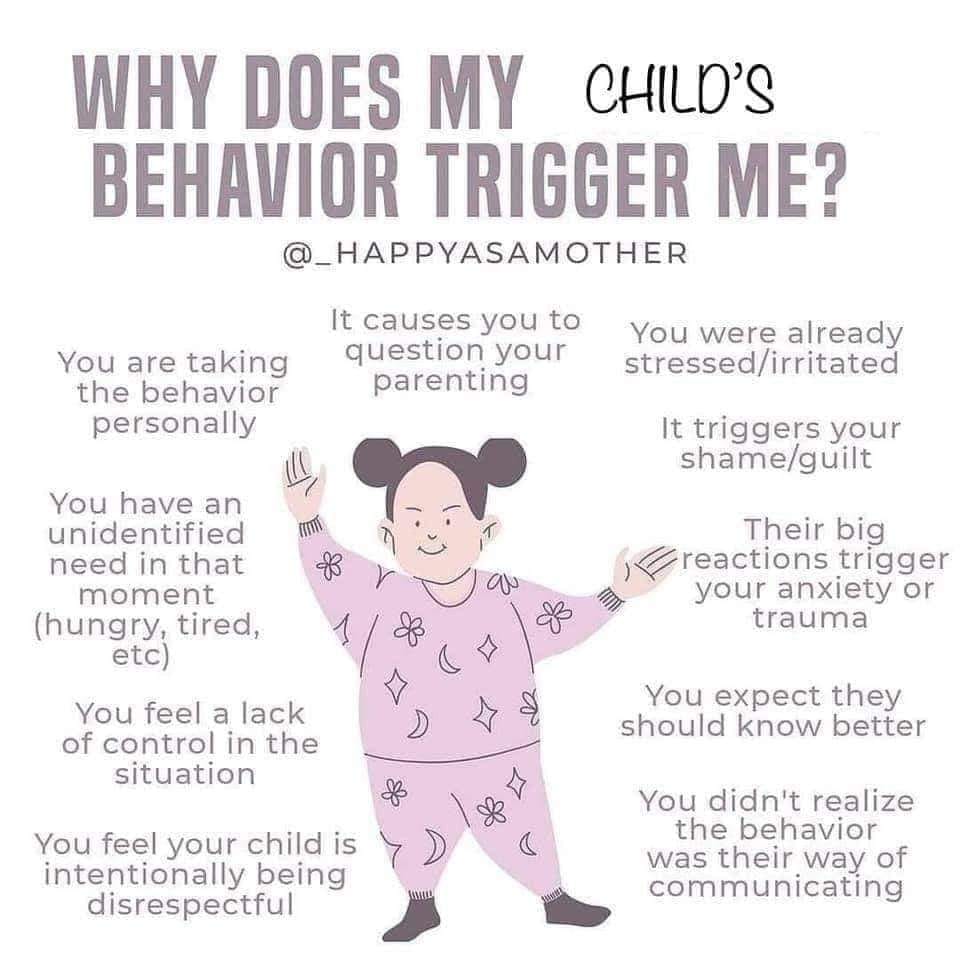
Herbs for Anger?
There are many options available to help you cope with anger -prescription medications, mindfulness practice, acupuncture, etc. For the purpose of this article, I chose to focus on herbal treatments and herbal medicine.
The good news is through my research I found that there are a plethora of adaptogenic herbs available to ease anger. An adaptogenic herb is an herbal pharmaceutical that works to decrease stress in the body. They are surprisingly easy to prepare yourself or to purchase for a reasonable price.
24 best herbs to use for anger issues:
- Rose Petals
- Hops
- Milk Thistle
- Dandelion Root
- Skullcap
- Ashwagandha
- Cannabidiol CBD
- Passion Flower
- Chamomile
- Ginkgo Biloba
- Turmeric
- Ginseng
- Kava
- Lavender
- Saffron
- Lemon Balm
- Ginger
- Rosemary
- Lemon Verbena
- Peppermint
- Hawthorn
- Licorice
- St. John’s Wort
- Valerian Root
As you can see, there are several herbs that have a history of being used to lessen anger. It’s best to know what anger is and why it occurs to understand how herbal remedies can have a positive impact on your mood.
What is Anger?
Anger is similar to the “fight or flight” response of the nervous system. When you feel threatened or in danger, the “fight or flight” response is activated. As your stress levels increase, cortisol levels (the stress hormone) increase, and adrenaline is released into your bloodstream.
It’s an entirely normal reaction that occurs in all of us. When this happens the following symptoms may be present:
- Prolonged anger weakens the immune system
- Muscles become tense
- Heart rate increases
- Blood flow increases
- Headaches
- Tightening of chest
- Fatigue
- Clenching jaw or teeth
- Dizziness
- Stomach ache
- Having a warm/hot face
What causes anger?
Anger is influenced by biological and environmental factors. Let’s check out what this means!
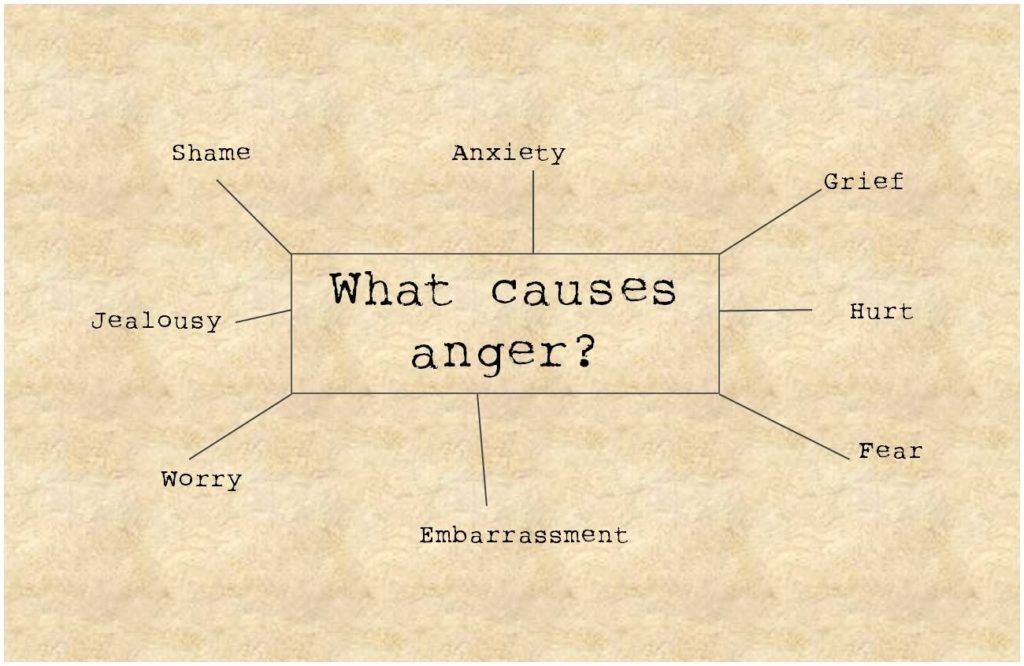
Biological factors that influence anger:
- Hormones such as testosterone
- Being in pain
- Illness
- Temperament
Environmental factors that influence anger:
- Experiencing trauma or instability during childhood
- Exposure to physical, emotional, and sexual abuse
- Substance abuse
- Early neglect
You experience anger for many reasons. The person tailing you in his car. Your child refusing to follow directions. The lady blocking the entire aisle with her grocery cart. I could go on and on.
But, why do these things make you angry?
Anger is a manifestation of the 3 underlying feelings -Fear, shame, and betrayal.
Fear
When you are feeling threatened or cornered that fear manifests into anger to protect yourself.
I see this a lot during election time. Political campaigns often play on our fears to gain votes. This fear makes us angry with people who do not support our chosen candidate because we are scared about what may happen if the opposing candidate wins.
Shame
A punch to the ego can be painful. That’s why when people feel disrespected, humiliated, or embarrassed they may react with anger. It’s a defense mechanism to protect your ego or to discourage others from shaming you.
One of my greatest anger triggers as a parent is when my kids don’t listen to me. Every time I have to repeat instructions and get ignored, I can feel my anger escalate.
Of course, they don’t want to listen to me. Whatever I’m asking them to do probably isn’t more fun than what they are already doing. I take it too personally and that negatively impacts my emotional state.
I see it as disrespect. If it happens in public, it also feels humiliating.
Betrayal
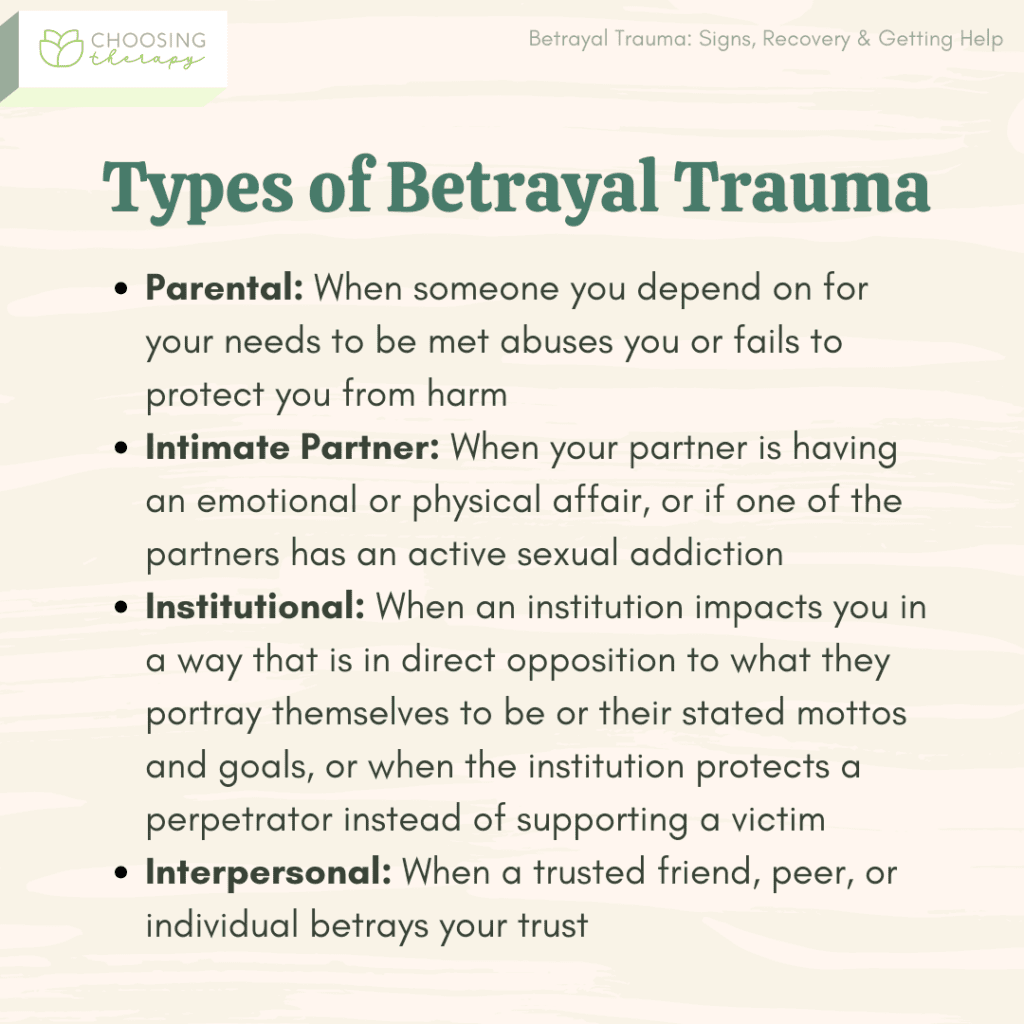
For me, it’s difficult to open up and trust others. I feel like being vulnerable with people makes it possible for them to hurt me on a deeper level. When someone we “let in” to our lives betrays us, it cuts deeper. The feeling of betrayal turns into anger because the person who betrayed us becomes a threat to our livelihood.
Now that we have a good grasp of all things anger, let’s dive more into the herbs you can use to treat it and their traditional uses.
Rose Petals (Rosa)
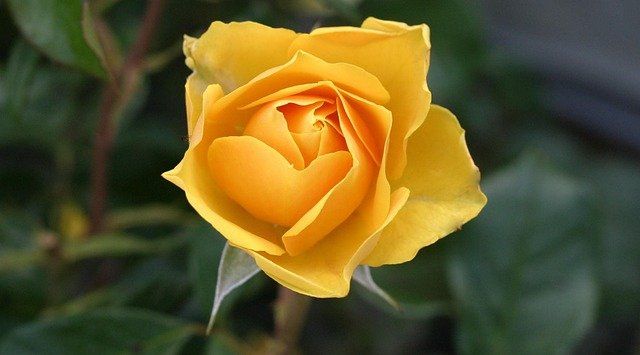
Has a calming effect
Helps to lower stress levels
Encourages sleep
Promotes feelings of comfort
Hops (Humulus lupulus)
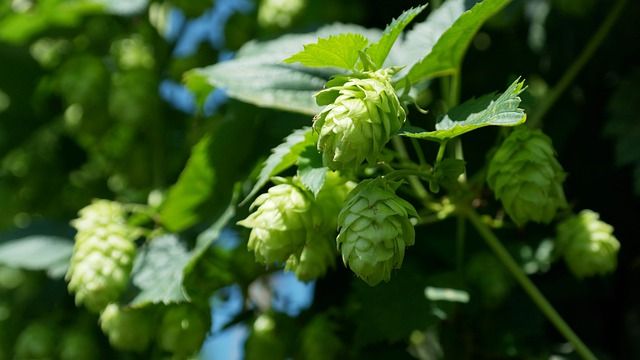
Eases anxiety
Promotes better sleep
Eases restlessness and tension
Decreases nervousness and irritability
Milk Thistle (Silybum marianum)
In traditional Chinese medicine, the liver is the organ that commands emotions such as anger and rage. Milk thistle is used as a liver tonic.
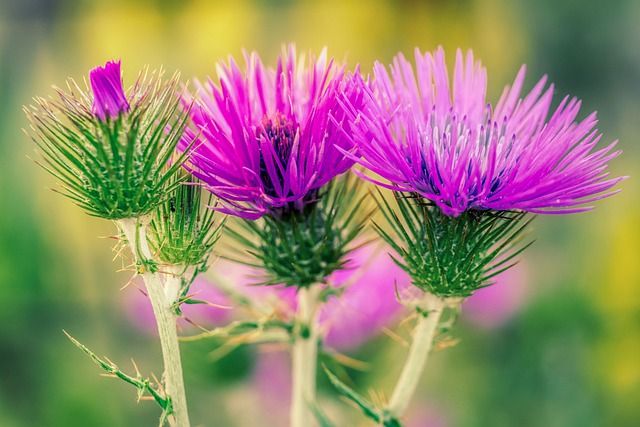
Eases anger, frustration, and rage
Dandelion Root (Taraxacum officinale)
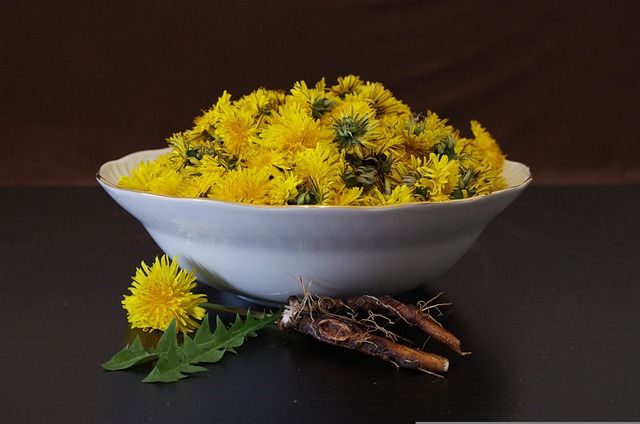
Cleanses the liver where negative emotions are thought to be stored
Promotes an uplifting mood
Encourages a feeling of comfort
Skullcap (Scutellaria)
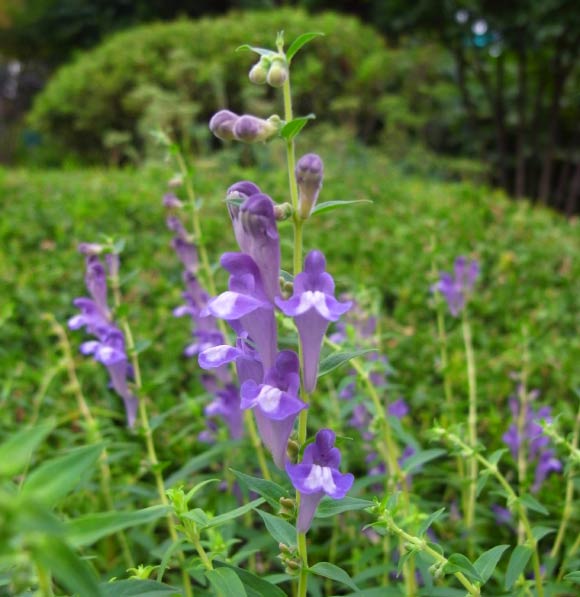
Soothes long-term stress
Calms the nerves
Eases anxiety and worry
Improves sleep
Ashwagandha (Withania somnifera)
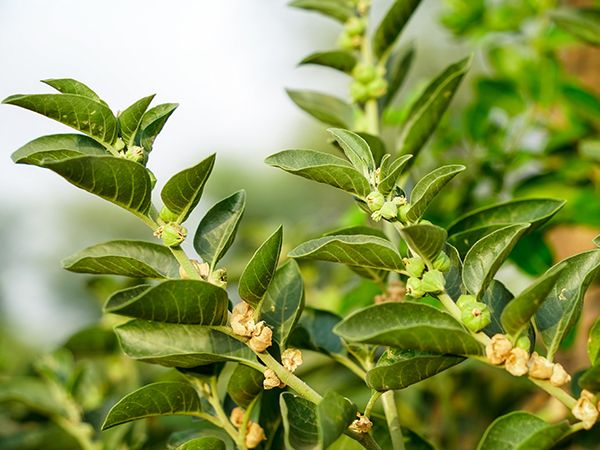
Increases the body’s resistance to stress
Reduces cortisol levels in the body
Balances stress
Cannabidiol CBD (Cannabis)
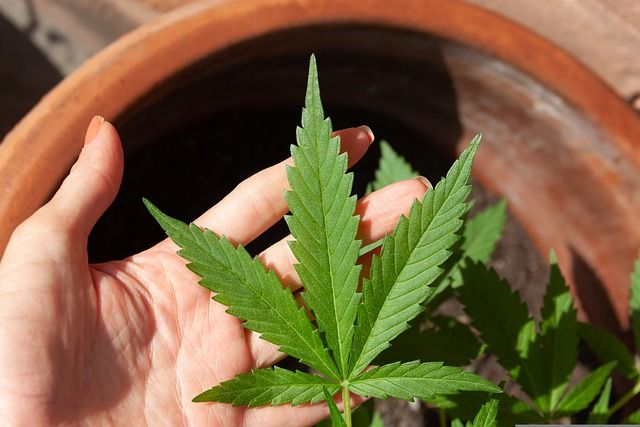
Improves the regulation of hormonal and neurotransmitter production and metabolism
Eases anger
Decreases aggression
Promotes calmness
Passion Flower (Passiflora)
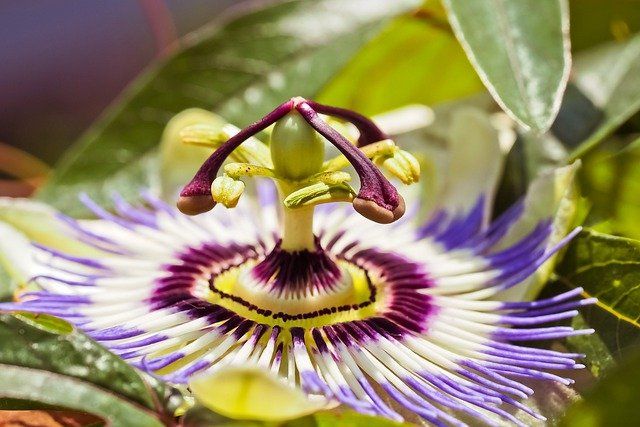
Promotes better sleep and less anxiety by boosting gamma-aminobutyric (GABA) in your brain
Calming
Chamomile (Matricaria chamomilla)
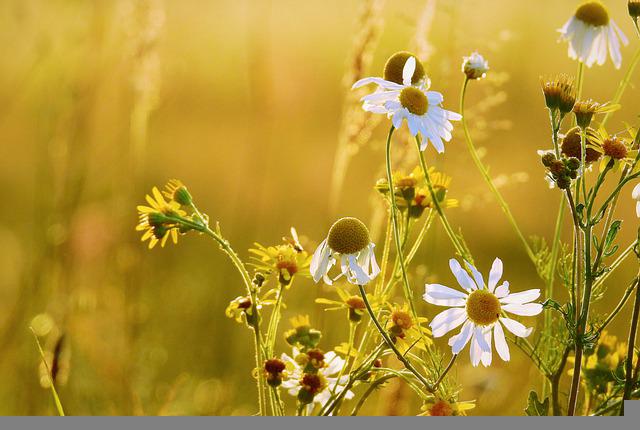
Decreases anxiety
Improves sleep quality
Ginkgo Biloba

Reduces symptoms of anxiety
Increases the body’s ability to cope with stress
Eases mood swings
Improves brain function
Turmeric (Curcuma)
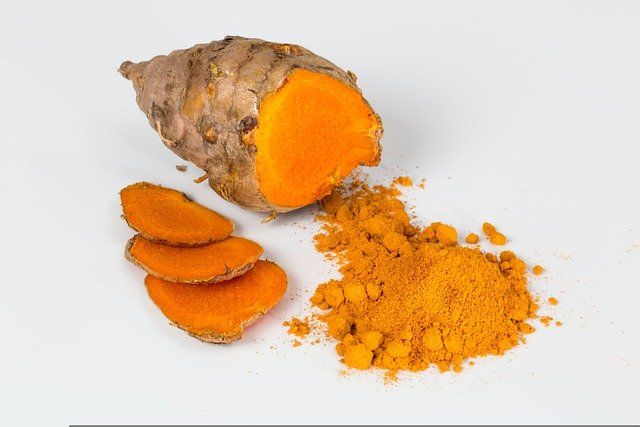
Promotes relaxation
Improves mood
Reduces anxiety
Ginseng (Panax ginseng)
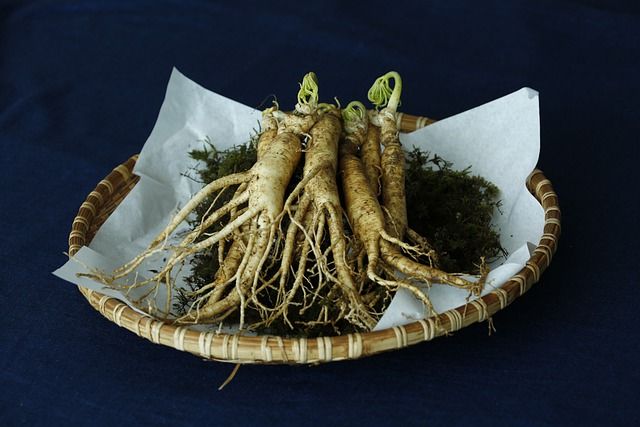
Regulates hormonal changes due to stress
Increases calmness
Improves mental clarity
Kava (Piper methysticum)
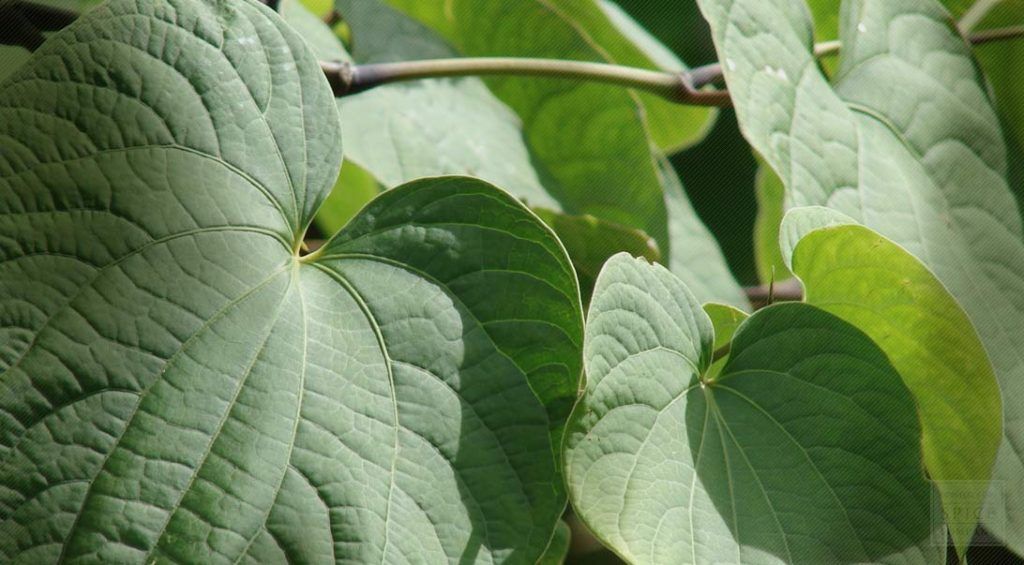
Relaxes the nervous system
Promotes sleep
Reduces symptoms of chronic stress
Lavender (Lavandula)
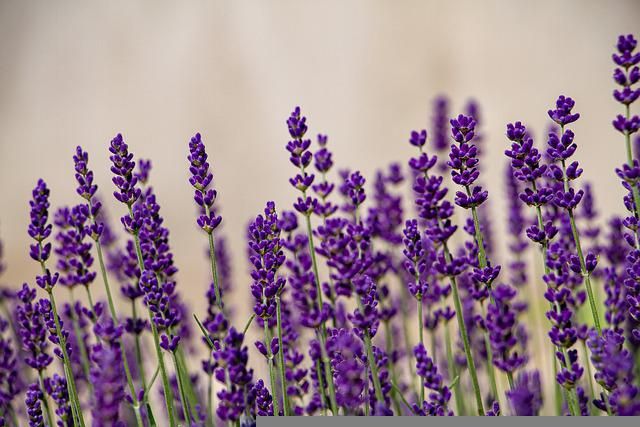
Reduces anxiety
Promotes Calmness
Decreases irritability
Saffron (Crocus sativus)
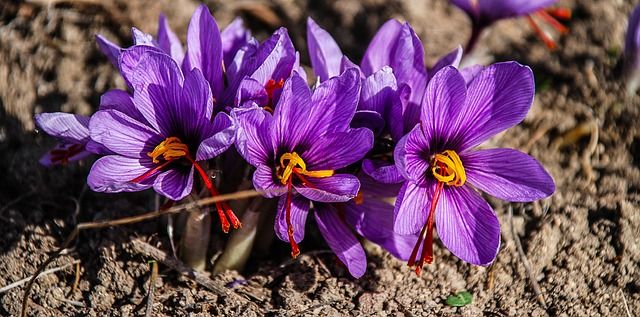
Reduces symptoms of depression
Increases dopamine “the feel-good hormone”
Lemon Balm (Melissa officinalis)
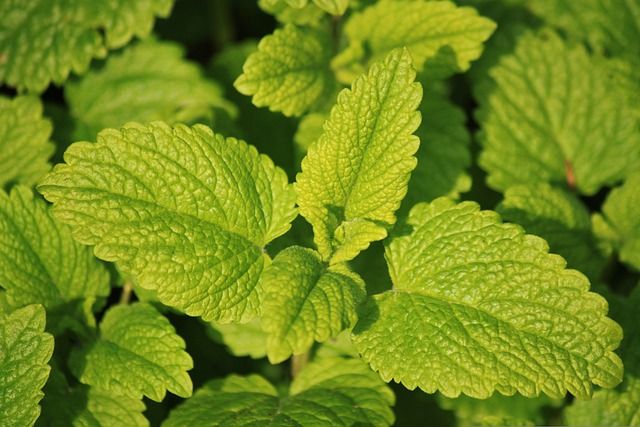
Increases positive mood
Promotes sleep
Decreases anxiety
Ginger (Zingiber officinale)
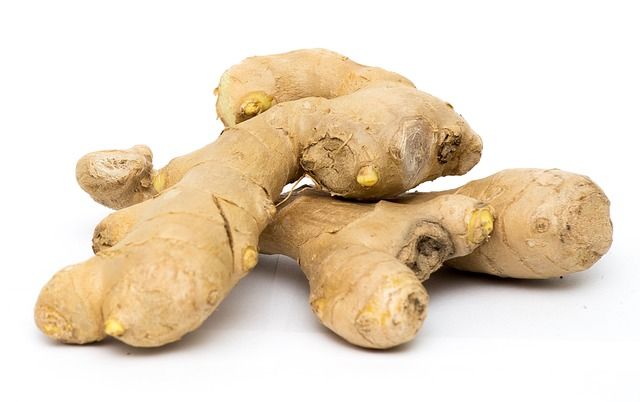
Calming
Reduces symptoms of depression
Rosemary (Salvia rosmarinus)
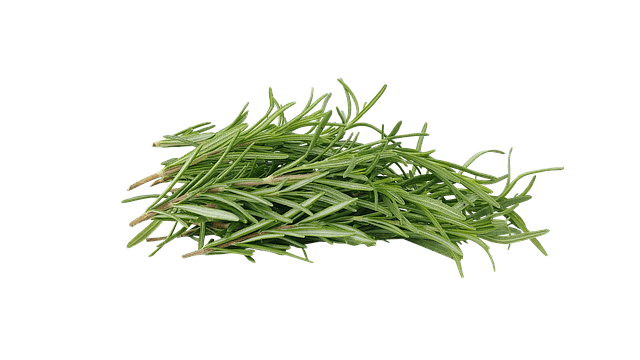
Decreases cortisol “the stress hormone” in your blood
Decreases anxiety
Improves sleep
Lemon Verbena (Aloysia citrodora)
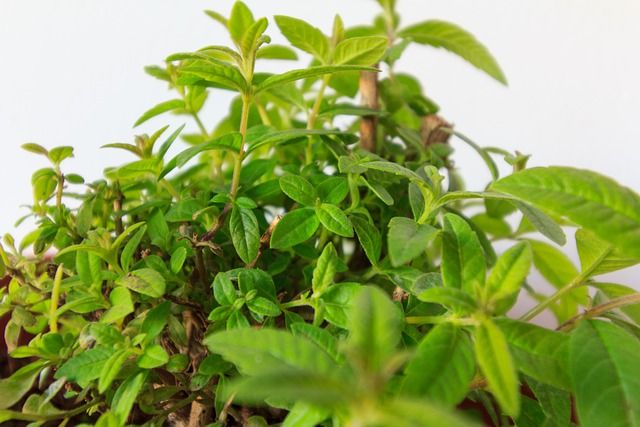
Stimulates dopamine and serotonin to boost mood
Calming
Induces sedation
Lessens anxiety symptoms
Peppermint (Mentha x piperita)
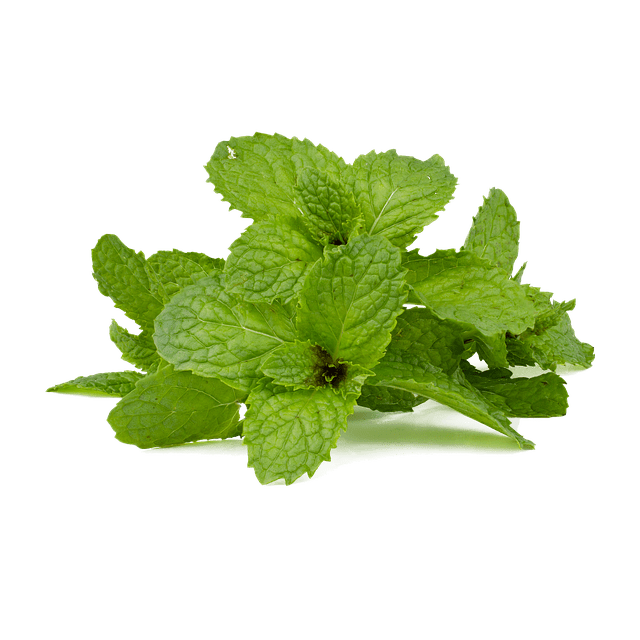
Reduces stress
Enhances sleep
Decreases frustration
Hawthorn (Crataegus)
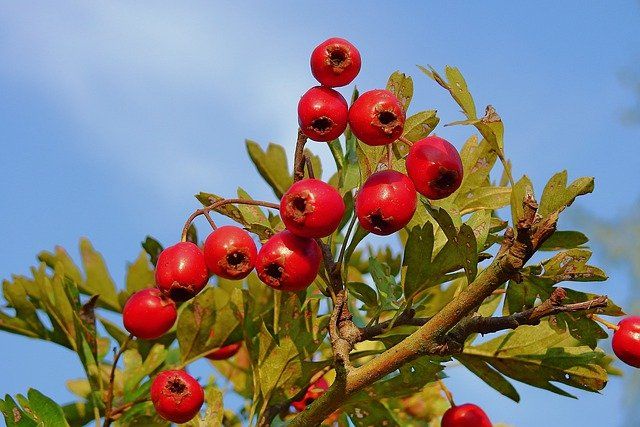
Reduces anxiety levels
Calming
Lessens symptoms of stress
Licorice (Glycyrrhiza glabra)

Regulates cortisol “stress hormone”
St. John’s Wort (Hypercum perforatum)
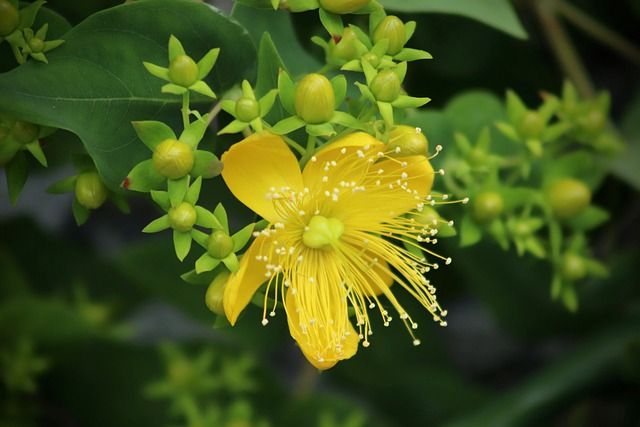
Reduces symptoms of depression
Elevates mood
Improves energy levels
Valerian Root (Valeriana offinalis)

Reduces anxiety
Stabilizes moods
Decreases symptoms of anxiety
Herb Preparation
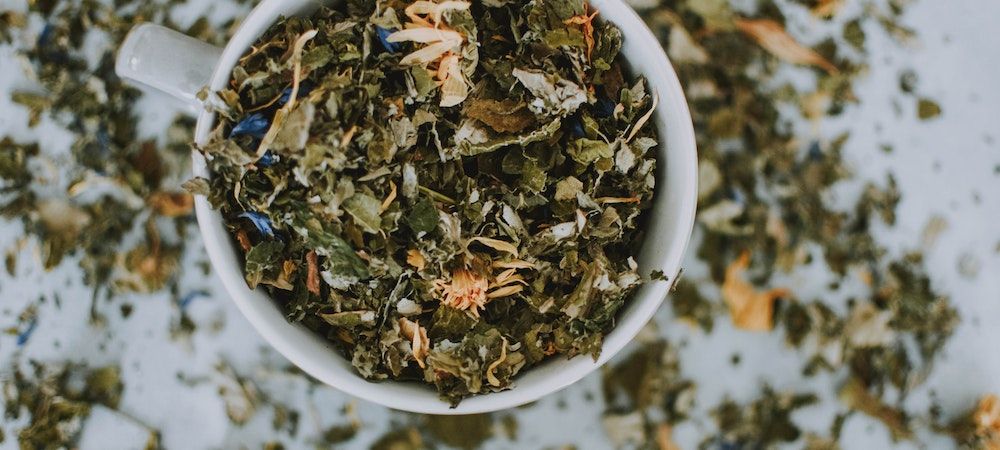
I gave you this fantastic list of herbs that you can use to help treat your anger in a natural way. But you may be wondering how to prepare these herbs for treatment. There are 4 main ways to prepare herbs.
If you do not want to venture into being a novice herbalist, you can also purchase supplements or essential oils at your local health food store or online.
Capsulation
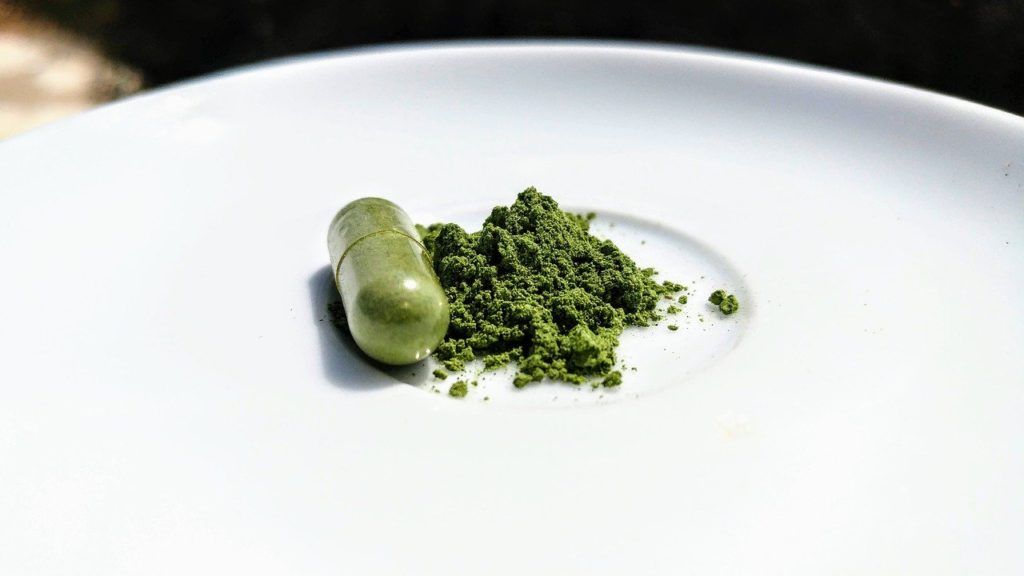
You have two ways to encapsulate powdered herbs. The first way is to do it by hand. Buy gelatin or vegetarian capsules. Put the powder into each side of the capsule until it’s full. Then you just push them together.
The second way is a little faster. You can purchase a small encapsulation kit that allows you to do up to 100 capsules at a time. Beware, there is a small learning curve for this option.
Herbal Tinctures
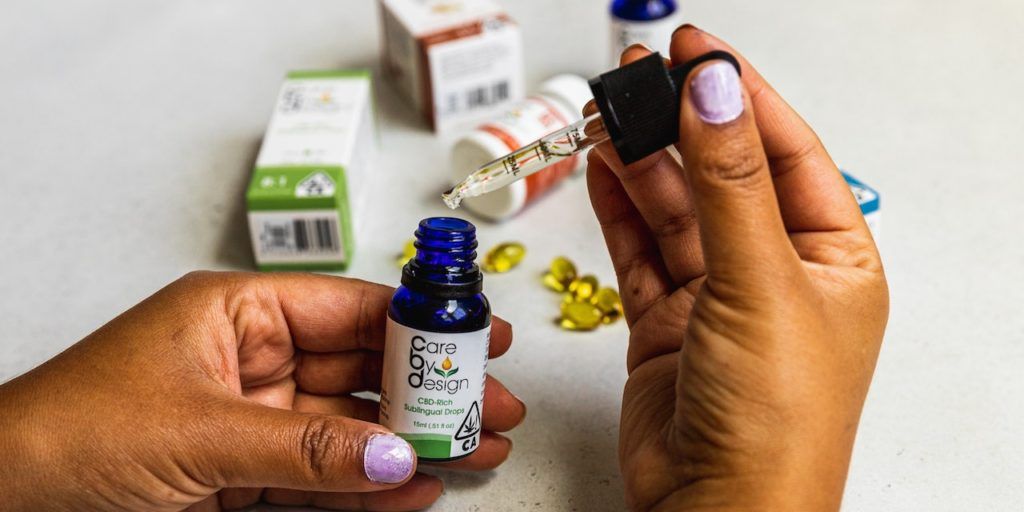
Tinctures are concentrated herbal extracts. Alcohol is always used as a solvent to extract herbal properties. Any spirit can be used, but vodka is the most popular choice of herbalists.
You can use a dropper to administer the tincture or put it into a liquid to drink.
2 Best Ways to Prepare Tincture Herbs:
The Percolation Method
- Grind the dried herbs.
- Moisten it with solvent (alcohol) and let it sit for 12-24 hours.
- Pack the herbs into a cone. Make sure it is packed at a medium firmness.
- Slowly pour more solvent over the herbs into the cone.
- Let it slowly drip out to create the tincture.
The Maceration Method (Folk Method)
- Grind or chop up the herbs.
- Put it into a jar.
- Cover with your solvent (alcohol) of choice.
- Let it sit for a month.
- Strain it.
Decoctions
A decoction is an extraction method that boils herbs in liquid. Here is the best way to make a decoction. You can store this in the refrigerator for up to 48 hours. You can also freeze the herbs to make another decoction later.
- Add fresh herbs to a saucepan.
- Poor cool or cold water over the herbs.
- Bring the water to a boil.
- Cover and simmer for 40 minutes.
- Remove from the heat.
- Strain after it’s cooled down a little bit.
Herbal Infusions
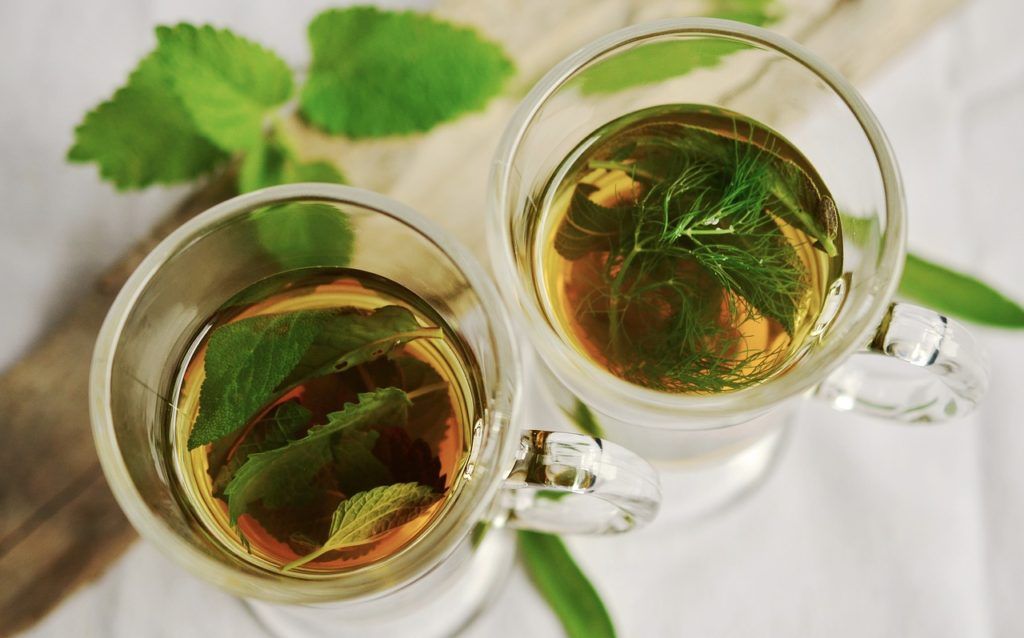
Last, but not least, is preparing an herbal infusion. I’m a little biased though because I love drinking tea and herbal tea is similar to an infusion. It is made by steeping leaves, berries, and herbs. Here is the most simple way to make an infusion:
- Place some herbs into a tea strainer placed in a teapot or cup.
- Pour boiled water over the strainer.
- Let it steep for up to an hour.
Wrapping it Up
All of the emotions we experience serve a special purpose. They help us with perception, attention, inference, learning, memory, goal choice, motivational priorities, physiological reactions, motor behaviors, and behavioral decision-making (Cosmides & Tooby, 2000; Tooby & Cosmides, 2008).
Anger is a normal emotion that all of us are acquainted with. Sometimes, it can start to interfere with daily life and activities. When this happens, it is a good idea to look at different solutions.
Coping with a mental health problem can be overwhelming. The first thing many of us want to do is try a natural approach to relieving mental stress and other medical conditions. One of the main reasons for this is to avoid potential side effects that could be harmful.
One option that may be suitable for you is herbal supplements. There are many ways to prepare and consume herbs to manage your own health care.
If you try any of these out, please leave a comment and let me know what you thought! Was it helpful? Would you recommend any of these?

